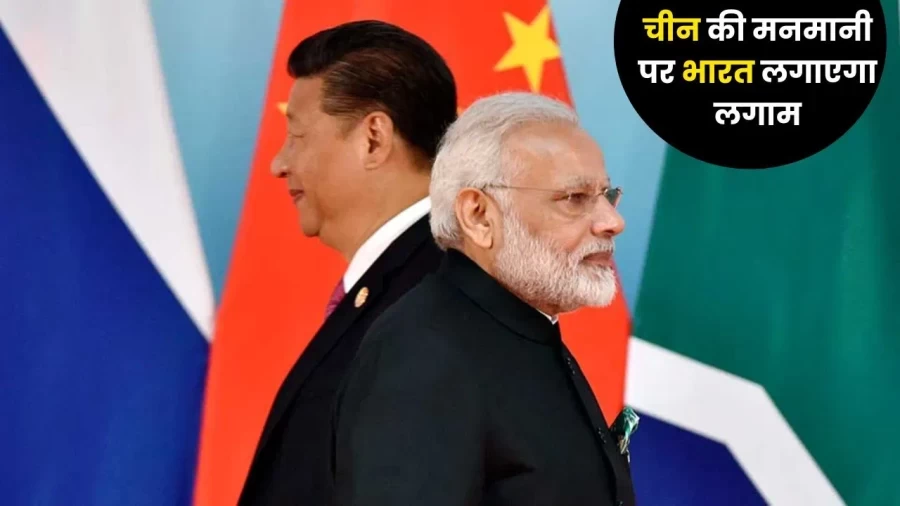India-Japan Relation: Restrictions imposed by China on the supply of rare earth materials have created a stir in India's automobile and electronics industry. Technology from smartphones to electric vehicles is dependent on these materials, and this strictness of China has put Indian production lines at risk of stalling. But in this crisis, a ray of hope has now emerged in the form of Japan, which has taken the initiative to strengthen the supply chain again in collaboration with India.
Japanese giant companies camp in Delhi
Big companies of Japan like Mitsubishi Chemicals, Sumimoto Metals & Mining and Panasonic are present in Delhi these days. All of them are associated with the Battery Association of Supply Chain (BASC) and are exploring possibilities of partnership with Indian companies. Their goal is to free the supply chain of rare earth materials and EV batteries from the grip of China. China currently controls more than 90% of the global rare earth supply, which is strategically challenging for any country.
Indian companies counterattack
Indian companies have also started capitalizing on this opportunity. Companies like Reliance Industries and Amara Raja are playing an active role in creating a supply chain of lithium-ion batteries and critical minerals like lithium and graphite in collaboration with Japanese expertise. Reliance, led by Mukesh Ambani, wants to start a new era by combining this partnership with India's technical and market capabilities. At the same time, Amara Raja is also engaged in strengthening its hold in battery manufacturing.
Government's strategic activism
The Government of India has also become alert about this crisis. The Finance Ministry has clarified that it is taking every possible step to secure the supply of critical minerals. India now not only wants to promote its domestic production, but is also moving towards playing a strong role in the global supply chain. Technical partnership with Japan is a big step in this direction, which can prove to be helpful in making India self-reliant.
China's challenge remains
However, experts believe that it is not easy to break China's dominance. China has almost a monopoly on the entire value chain from mining to processing of rare earth elements. China's share in global lithium battery manufacturing is also 80%, while Japan is at just 10%. Most of India's EV companies are still dependent on China for batteries. China's strength lies in the fact that it does not have to depend on anyone else for raw materials.
Challenges of domestic production
Even if the production of rare earth or battery starts in India, the cost can be 20–30% higher than China. The reason for this is India and Japan's dependence on raw materials, while China is self-sufficient. Japan can provide technical support, but its expertise is more especially in hybrid technology. Despite this, it is time for India to turn this crisis into an opportunity.


